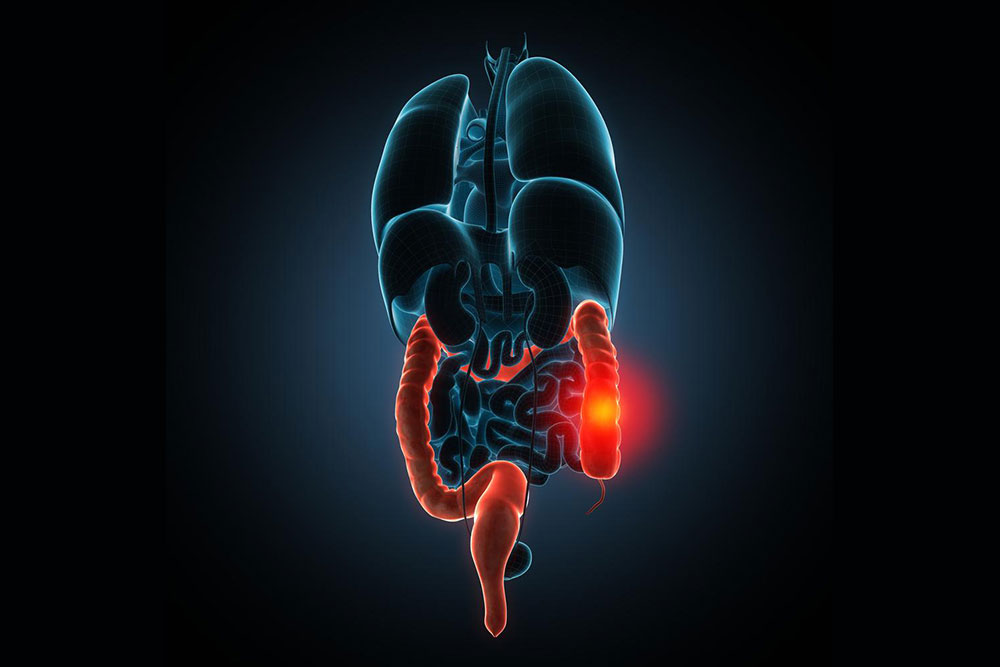Signs and Symptoms of an Enlarged Spleen
This article explains the key symptoms of an enlarged spleen, also called splenomegaly. It highlights common signs such as abdominal pain, fullness, fatigue, and shoulder pain. Recognizing these symptoms early is crucial for effective treatment. The piece also discusses causes like infections, blood disorders, and liver issues, emphasizing the importance of medical diagnosis through physical exams, imaging, and blood tests. Timely intervention can prevent complications. Always consult a healthcare provider if you experience symptoms of an enlarged spleen for proper assessment and care.

Signs and Symptoms of an Enlarged Spleen
An enlarged spleen, medically known as splenomegaly, is a common health concern. The spleen, situated just below the left rib cage, can become enlarged due to various conditions, including certain cancers, infections, and liver problems. Causes encompass viral, bacterial, or parasitic infections; liver cirrhosis; blood disorders like hemolytic anemia; blood cancers; metabolic diseases such as Gaucher's disease; and pressure from blood clots or veins in the spleen or liver. Recognizing early symptoms is vital for prompt treatment and better outcomes.
Common indicators of an enlarged spleen include
Symptoms to Watch For
If you experience signs such as discomfort or swelling in the upper left abdomen, it’s important to seek medical advice. Below are typical symptoms associated with splenomegaly.
Mild to severe pain or fullness in the upper left abdomen, possibly radiating to the left shoulder or back.
Feeling full after consuming little or no food due to pressure on the stomach.
Anemia, resulting in fatigue and pallor.
Repeated infections such as bacterial, viral, or parasitic illnesses. Frequent infections should prompt a visit to the doctor.
Unusual tiredness even with minimal activity.
Sharp pain in the left shoulder or shoulder blade, especially when taking deep breaths.
Sometimes, an enlarged spleen may not show symptoms and is discovered during routine medical exams. While a normal-sized spleen isn't palpable, an enlarged one can be easily felt. Diagnostic tests like imaging and blood work are used to identify the cause and guide treatment, which may include medication or, in severe cases, surgery.










